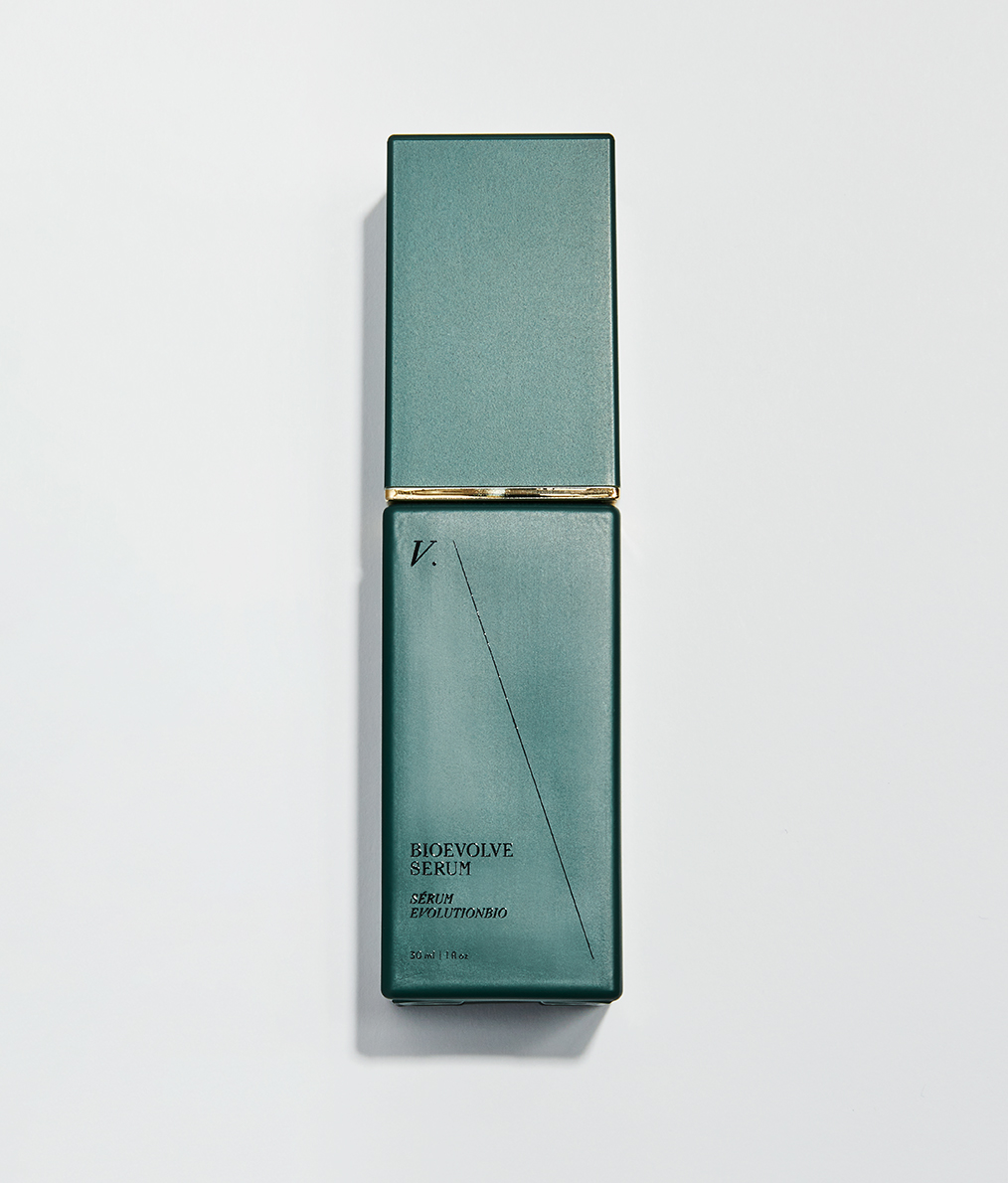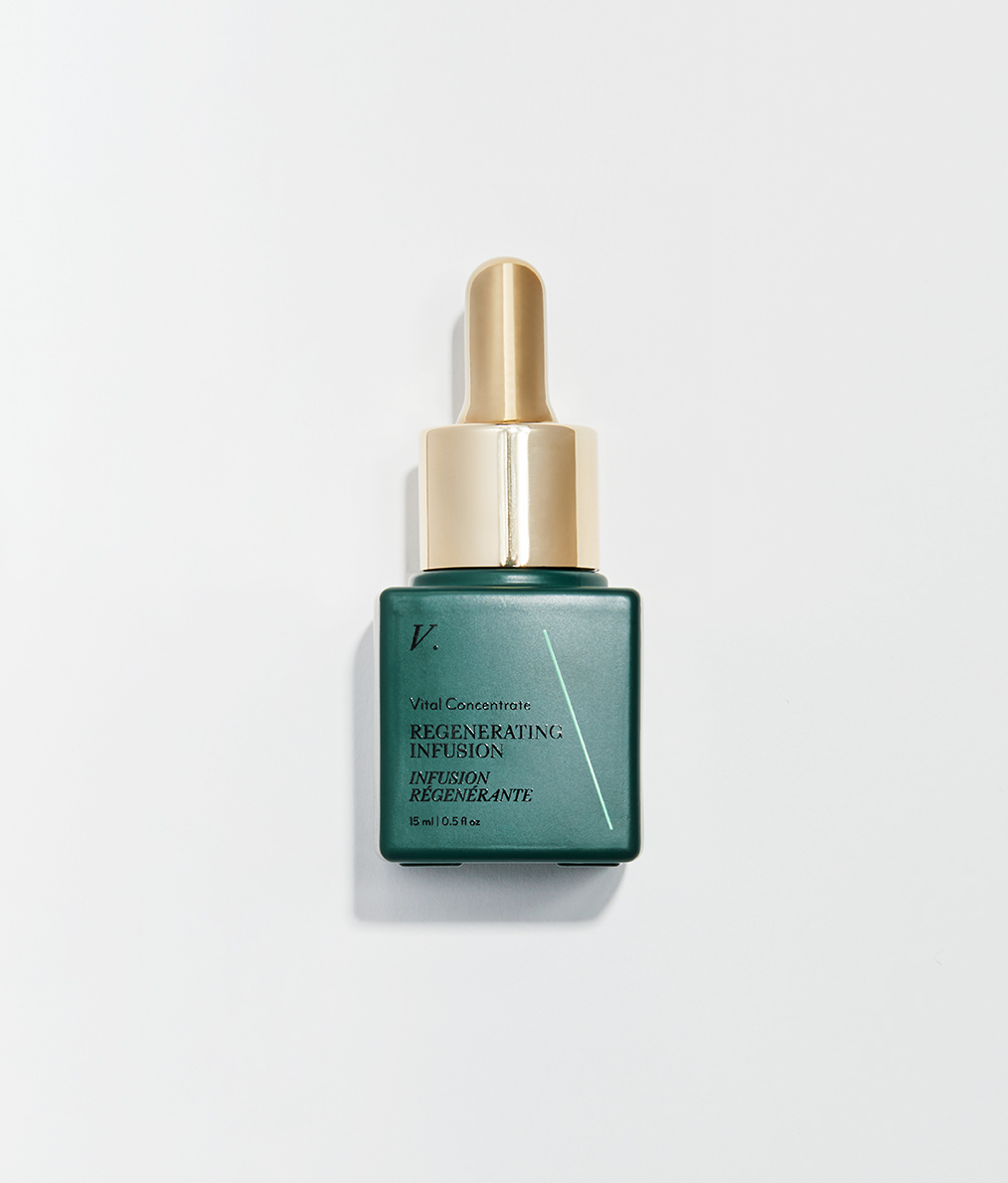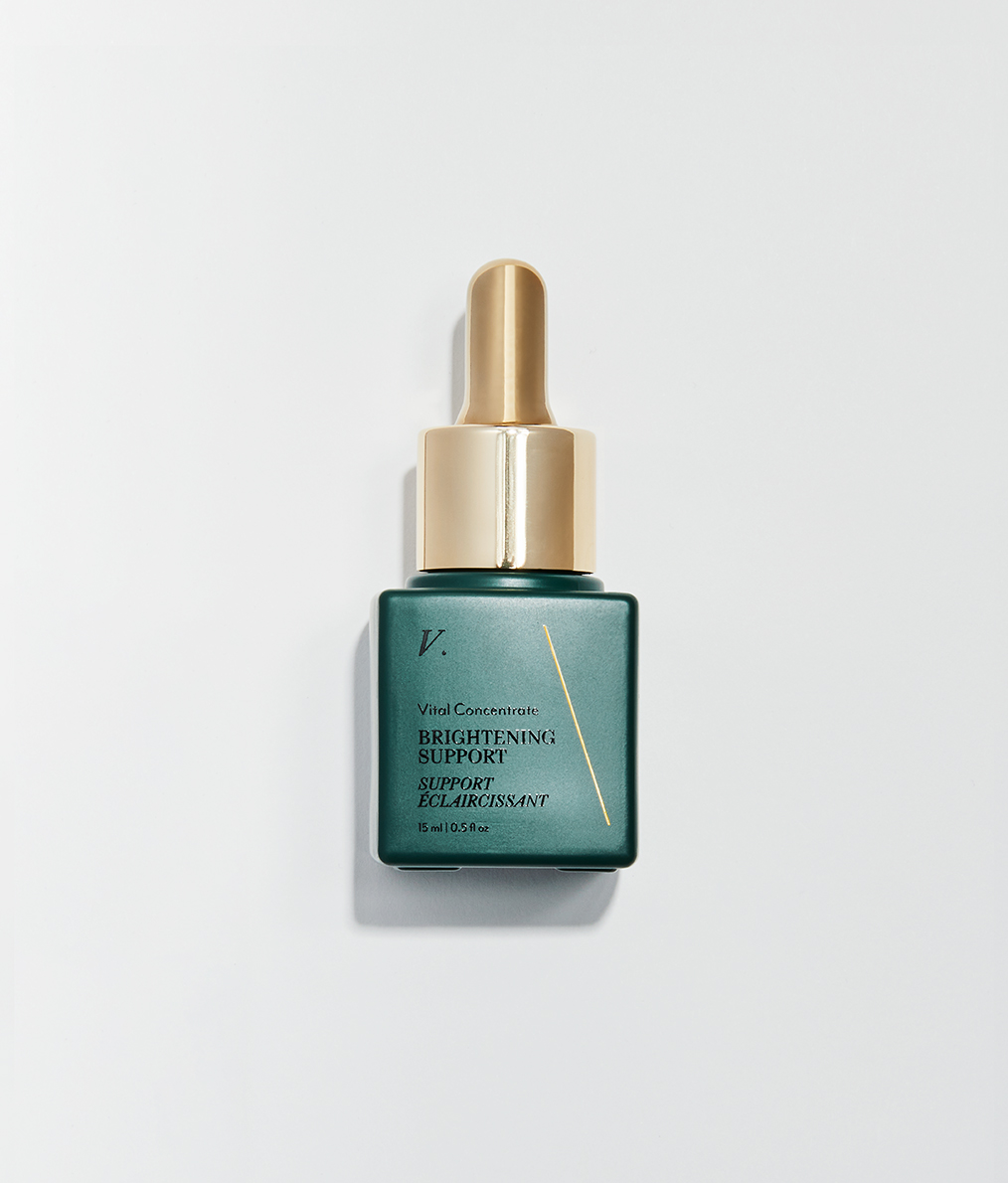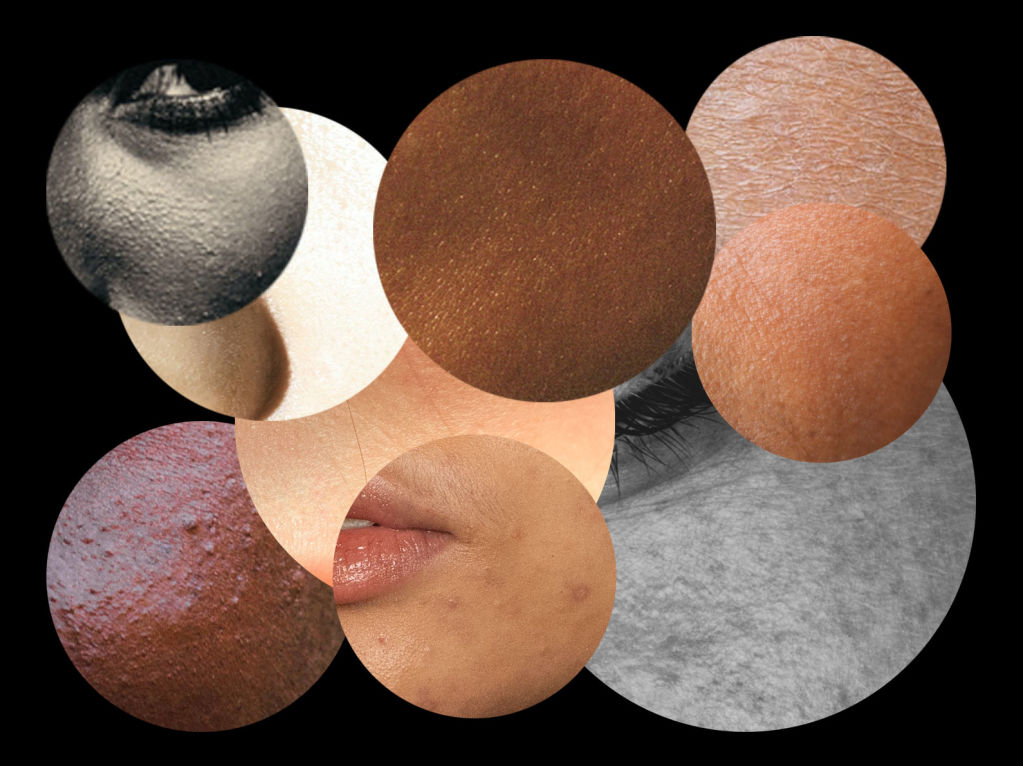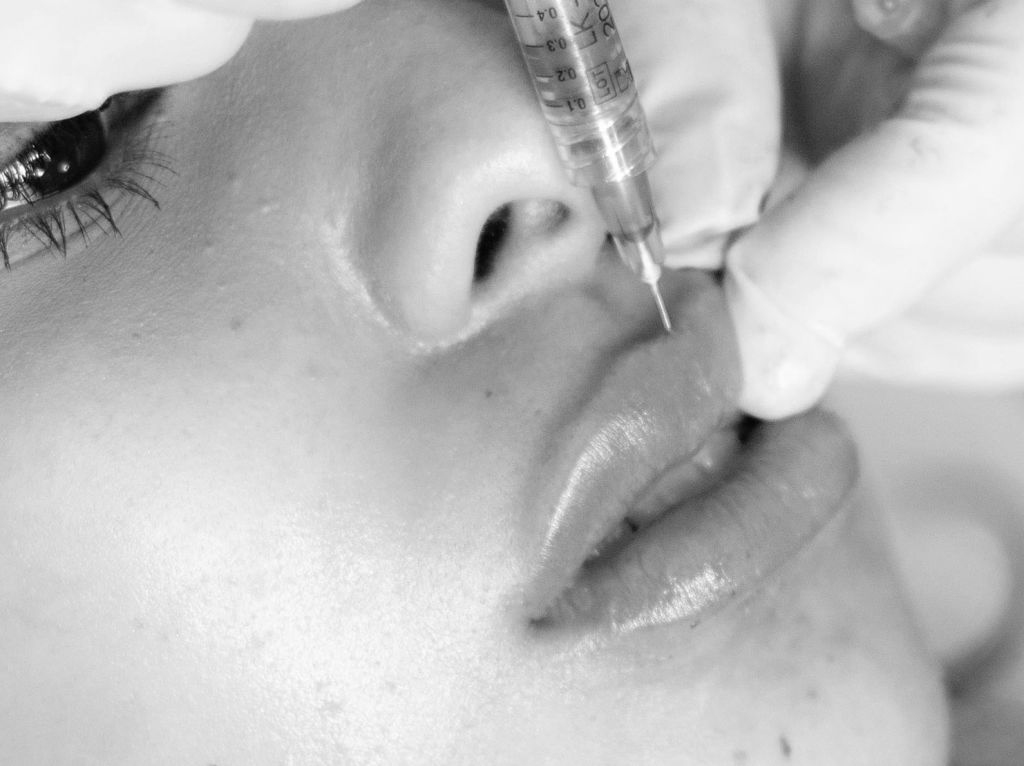V: Are there any other surprising or lesser-known facts that you think all women should know about their hormones or any other aspects of their health?
TB: I don't think many women understand that hormones are connected to gut health. For example, when you are low in progesterone that will often trigger an overgrowth of yeast in the gut, which is why women end up with yeast infections or start to gain some belly fat as those progesterone levels go down.
The issue of dense breasts is also a pet peeve of mine. Many people don’t understand that dense breasts or heavy breasts are a sign of accumulating estrogen and that you can actually do something about that. So when you’re given a mammogram or ultrasound result that says you have dense breasts, don’t take it and then roll over. You actually want to begin a good protocol that helps to clean that excess estrogen out of your system, like eating more fiber and cruciferous vegetables and taking calcium gluconate.
And finally, the world of beauty starts from the inside first. Often, what is currently accepted as normal values for thyroid and other hormones really aren't normal and might not be normal for you. If you are struggling with acne or hair loss, dig deep into the world of androgens, thyroid hormones, blood sugar, and more because probably something there is driving it.
V: Final question: You do so much between your practice, your podcast, the book, and everything else. What keeps you motivated and inspired to do what you do?
TB: Wow, I love that question. I think it's the women I meet every day, and I would even extend it to the entire family. Every day in my practice, I hear people’s stories and know that there's a different path, and desperately want them — and the medical system — to be able to see that path. Because it doesn't have to be this way, and I am passionate about that. My story could have gone a different way. I could have been on about 15 medications by now and been a very different version of myself without the energy or the motivation to do all the things I do. But that's not what happened.

